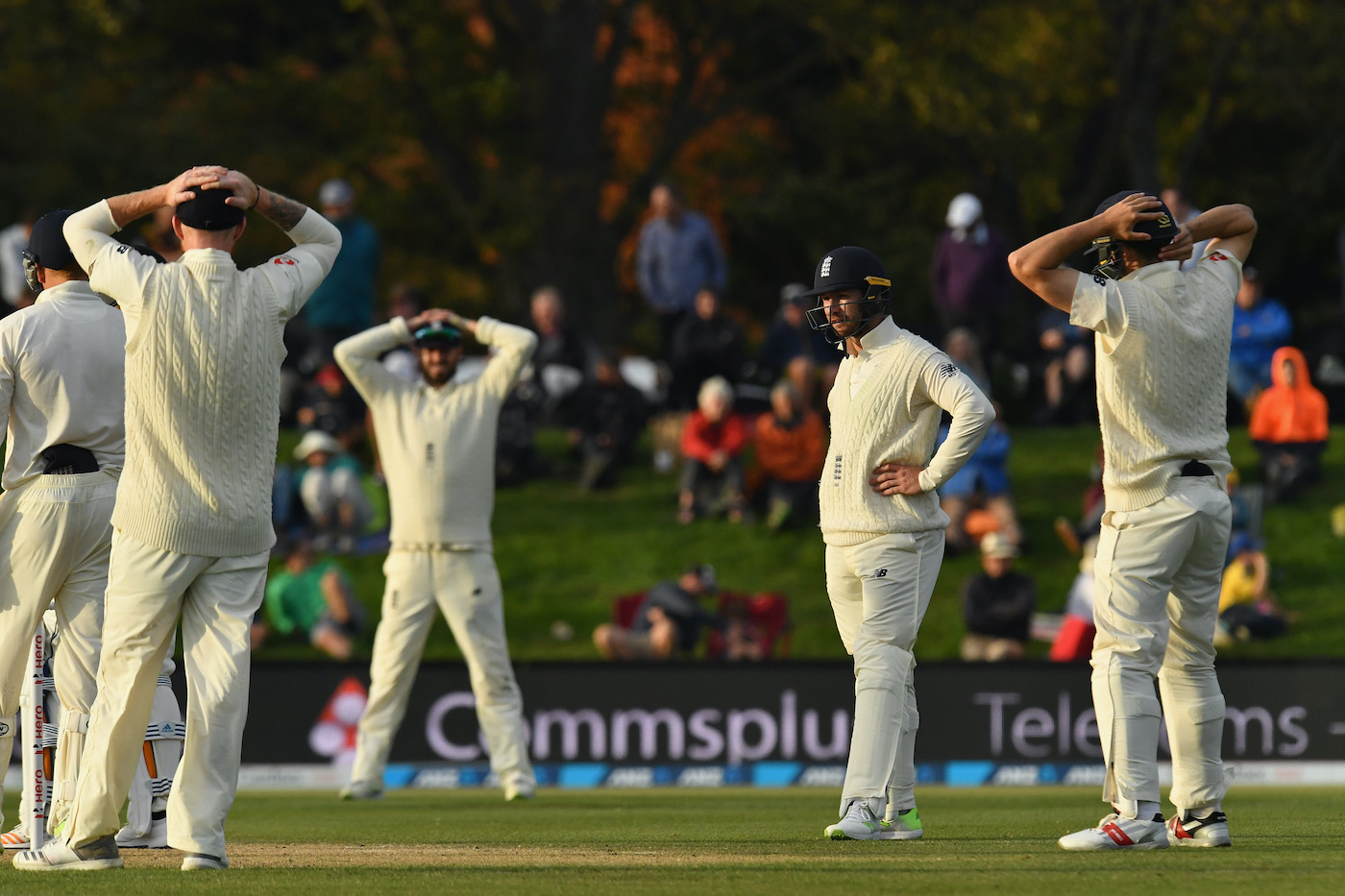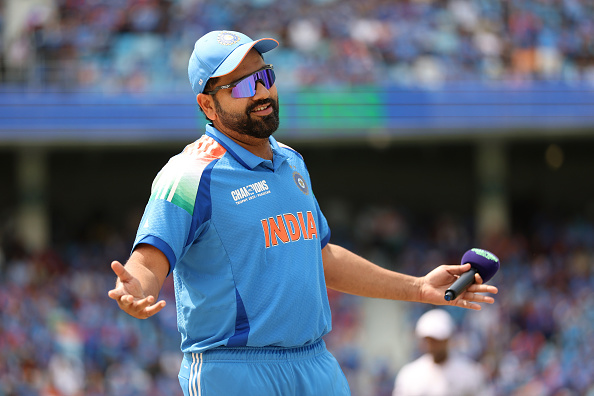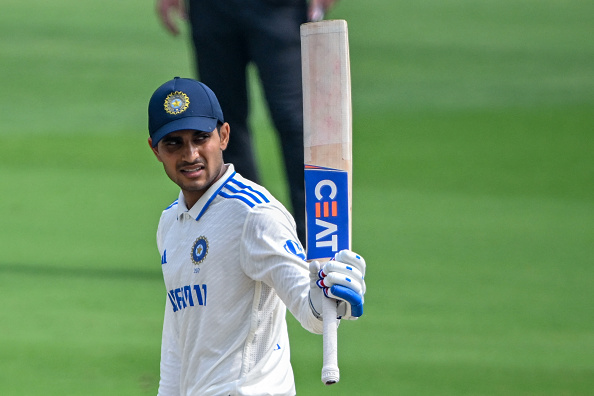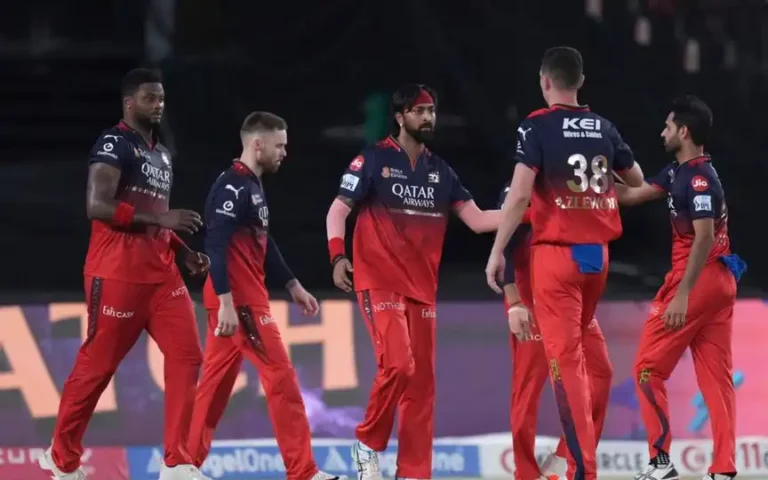
during day five of the Second Test match between New Zealand and England at Hagley Oval on April 3, 2018 in Christchurch, New Zealand.
In the ever-evolving landscape of cricket, the rise of the T20 format has been both a blessing and a curse. While T20 leagues like the IPL, BBL, and SA20 have skyrocketed the sport’s popularity and brought in massive revenues, they have also raised a growing concern among fans and purists — is the traditional format of Test cricket being overshadowed or harmed by the explosion of T20 cricket?
With the 2025 Test calendar witnessing several high-profile bilateral series being either shortened or postponed due to T20 leagues, this debate has intensified. Let’s explore how T20 is impacting Test cricket — both positively and negatively — and what fans around the world are saying about it.
📉 Decline in Test Match Scheduling
One of the most evident impacts of T20’s dominance is the shrinking Test calendar. In 2024 and early 2025, several countries, including South Africa and West Indies, prioritized their players’ participation in leagues over Tests. For example, South Africa fielded a second-string squad during their January 2024 Test series against New Zealand, with top players staying back for the SA20 league.
Even England, known for its Test tradition, is seeing more of its players opt for T20 contracts during the off-season. With the 2025 IPL running from March to May, it overlaps with what was traditionally a window for bilateral Test series, especially in subcontinental conditions.
💸 Financial Disparity and Player Priorities
There’s no denying that T20 leagues offer financial incentives that Test cricket simply cannot match. A mid-tier player in the IPL can earn crores in a few weeks — far more than a full year of domestic red-ball cricket.
This has led to a situation where several young cricketers are choosing white-ball cricket from the outset, often viewing Tests as a secondary goal. The recent U-19 batch of players in India, Pakistan, and England have expressed interest in IPL over County or Ranji Trophy cricket, indicating a shift in priorities.
🎯 What the Fans Are Saying
Despite the popularity of T20s, many fans are growing increasingly vocal about their concern for the future of Test cricket. On platforms like X (formerly Twitter) and Reddit, hashtags like #SaveTestCricket and #RedBallMatters have been trending during key Test matches.
Here are some fan sentiments gathered from recent surveys and social media reactions:
- “I love the IPL, but nothing beats the tension of Day 5 in a Test. The strategy, the patience — it’s real cricket.”
— @CricketPurist98 - “With only a handful of Tests played each year, it’s getting harder to stay emotionally invested in the format.”
— @T20Fanatic - “T20 has its place, but the soul of cricket lies in whites. I hope the ICC does more to protect Test cricket.”
— Reddit user u/midwicketmaestro
According to a 2024 ICC global fan report, while 84% of fans watch T20s regularly, 59% still say Tests are the most prestigious format.
🛠️ Can Both Coexist?
The good news is that T20 and Test cricket don’t have to be mutually exclusive. Several players like Pat Cummins, Jasprit Bumrah, and Joe Root have shown that excellence in T20 doesn’t preclude brilliance in Tests.
However, this requires intentional scheduling and better revenue distribution from the ICC and national boards. Test match World Championships and points-based tables, like the World Test Championship (WTC), help add meaning to long series, but more incentives — including prize money and exposure — are necessary to keep players and fans engaged.
📌 Conclusion
The T20 wave is undeniable and irreversible, but it must not come at the cost of Test cricket — the format that defines the game’s legacy. With proper balance, scheduling reforms, and financial parity, both formats can coexist and thrive.
As IPL 2025 nears and other T20 leagues fight for space, fans hope cricket’s governing bodies don’t forget the format that shaped cricket history — because, as many still believe, “real cricket is red-ball cricket.”





